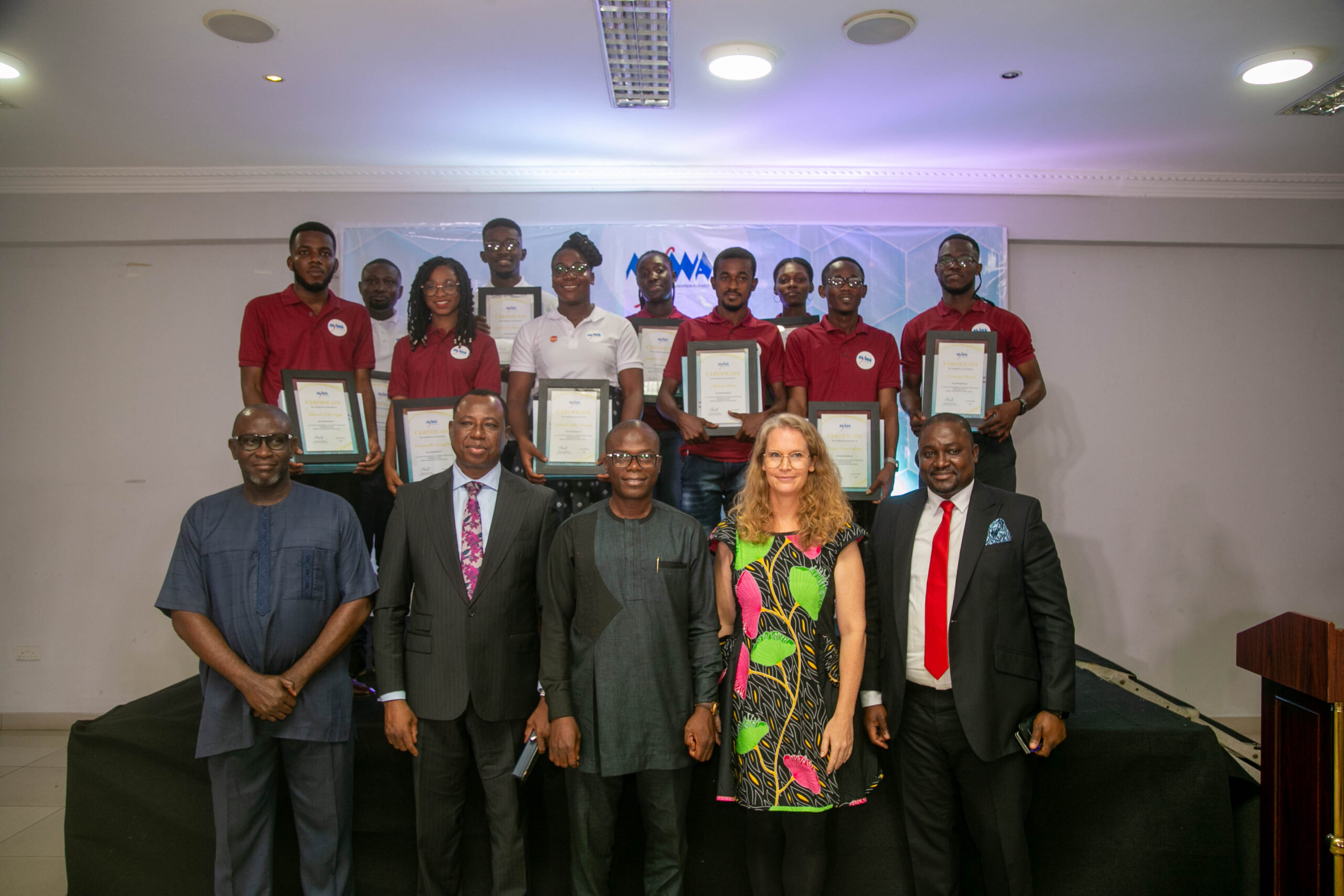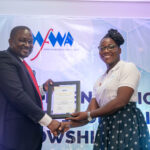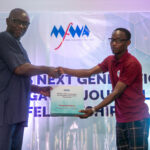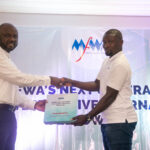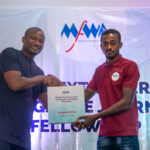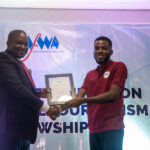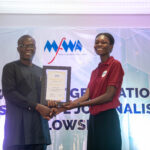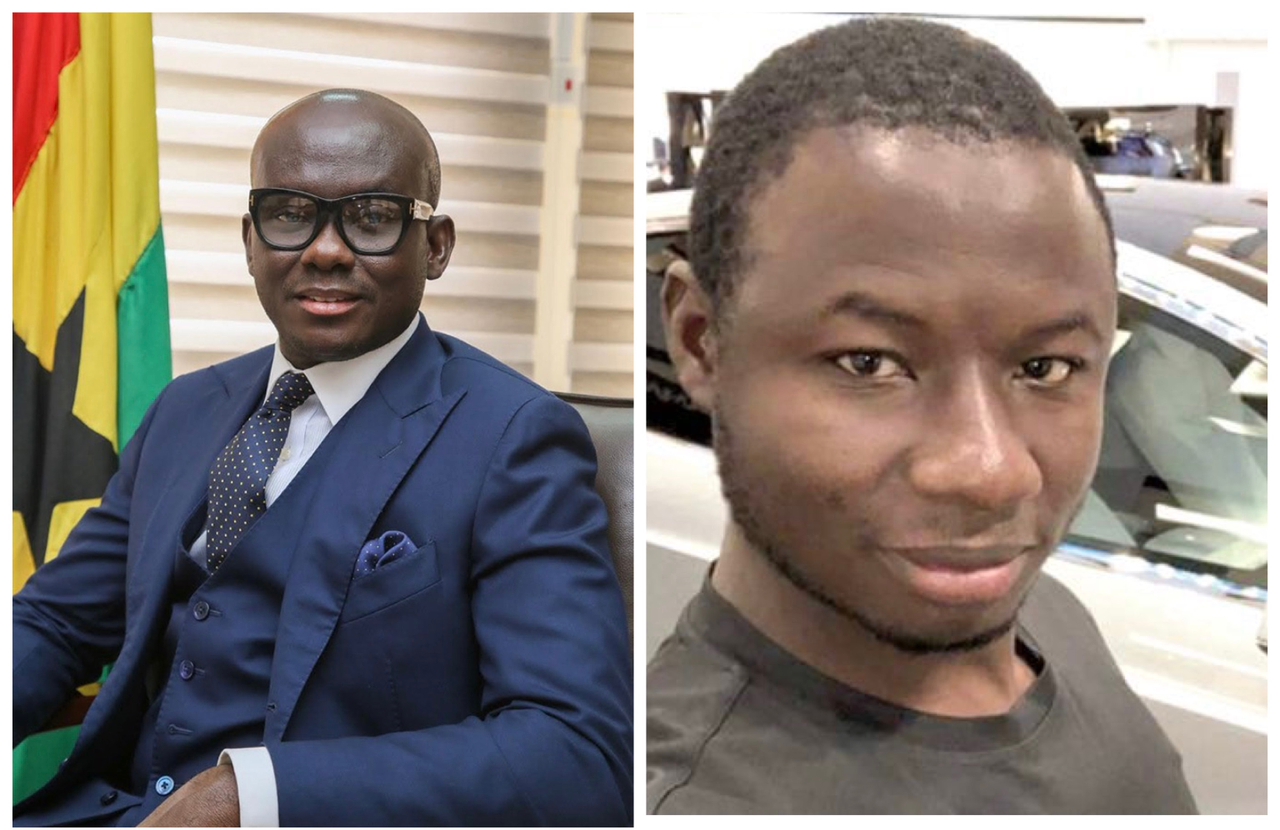Ten budding journalists in November 2021 marched to the conference room of the Media Foundation for West Africa (MFWA) for initiation into a fraternity that only a bold few have a badge of honour for – the investigative journalism fraternity.
It’s a society dreaded by the corrupt, feared by public officeholders, deemed dangerous by even the most experienced journalists but these young people swore to wear the badge.
Supported by the MFWA with the financial muscles of the DW Akademie, the ten early-career journalists and students became the first cohort of the Next Generation Investigative Journalism Fellowship Programme.
For five months, they explored what the MFWA purposed to be its response to the growing decline in critical journalism in Ghana.
With a few journalists willing to wear the tag of investigative journalism, the MFWA hopes the fellowship would serve as a training ground for young, aspiring investigative journalists and ultimately empower the willing to become weapons for the fight against corruption and the promotion of good governance.
After five months of bonding, for many of these young people, it was a story of extraordinary friendship filled with drama, courage, peril, and ultimately triumph.
Through The Fourth Estate and Fact-Check Ghana supervision, they tasted the culture of investigative journalism newsroom culture.
The challenges of media in Ghana, which have crippled it from performing its role effectively, were not lost on the Executive Director of the Media Foundation for West Africa, Sulemana Braimah, when he spoke at a ceremony to crown the programme.

The man who has been watching the barometer of media performance across West Africa named corruption in the media, low capacity among journalists, limitation of resources that constrains media houses from hiring and retaining the best of journalists, and abuse of critical journalists by state and non-state actors as a few of the challenges facing the media.
But he had a panacea.
“A crisis in journalism is a crisis of society. It is a crisis about our development and it’s a crisis about the welfare of all of us. This is why the Media Foundation for West Africa is mounting a robust and comprehensive response to the challenges confronting journalism in our country and in the region.
“We need to groom the next generation of young talents and help them to acquire the requisite skills, the mindset, the integrity, and above all, passion to do critical fact-based solution-oriented journalism,” he said in a dose of antidotes.
There is hope
The applause for the programme came from the Commissioner of the Commission of Human Rights and Administrative Justice (CHRAJ), Mr. Joseph Whittal, who lauded the MFWA and DW Akademie for their significant roles played in the media.
He said the initiative brings more critical journalists to the growth of West Africa.
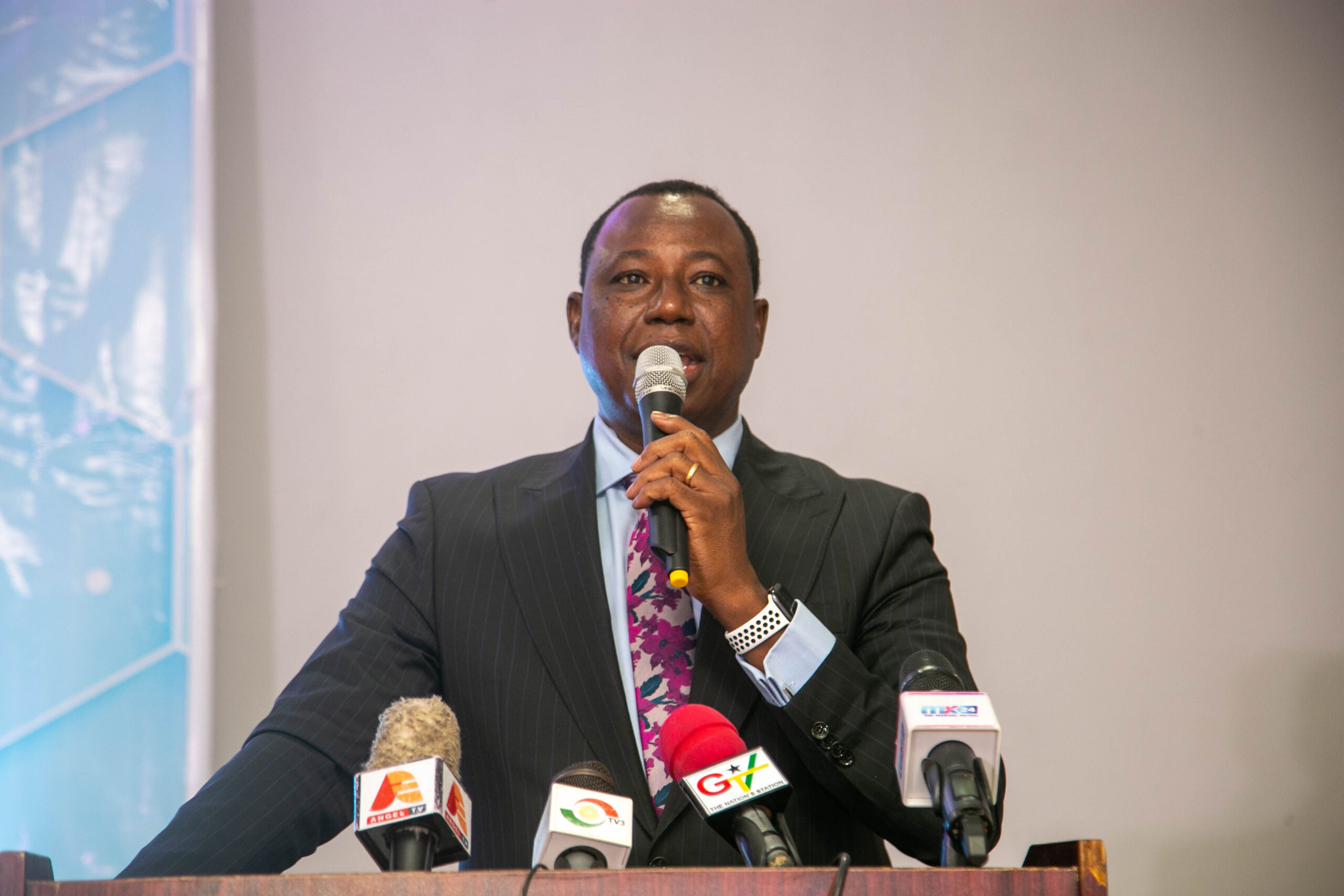
In praise of the fellows, Mr. Whittal said “If you can be brave enough to come forward with all the galaxy of the media and tell Ghanaians that you have undertaken investigative journalism, then there is hope.
“It means we are ready to do what will make our country truly great and strong. The only way we can do that is speaking truth to power that is what you have chosen,” he said.
The selection
The ten fellows, aged between 20 and 33 years, were selected through a rigorous and competitive application process including an aptitude test and interview.
Working directly under the MFWA’s public interest and accountability journalism project, The Fourth Estate and Fact-CheckGhana, the fellows received intensive practical training on data journalism, fact-checking and data visualization, investigative journalism, and basic multi-media and mobile journalism.
They were also taught how to use the Right to Information (RTI) law to access important information that can serve as the basis for groundbreaking stories.
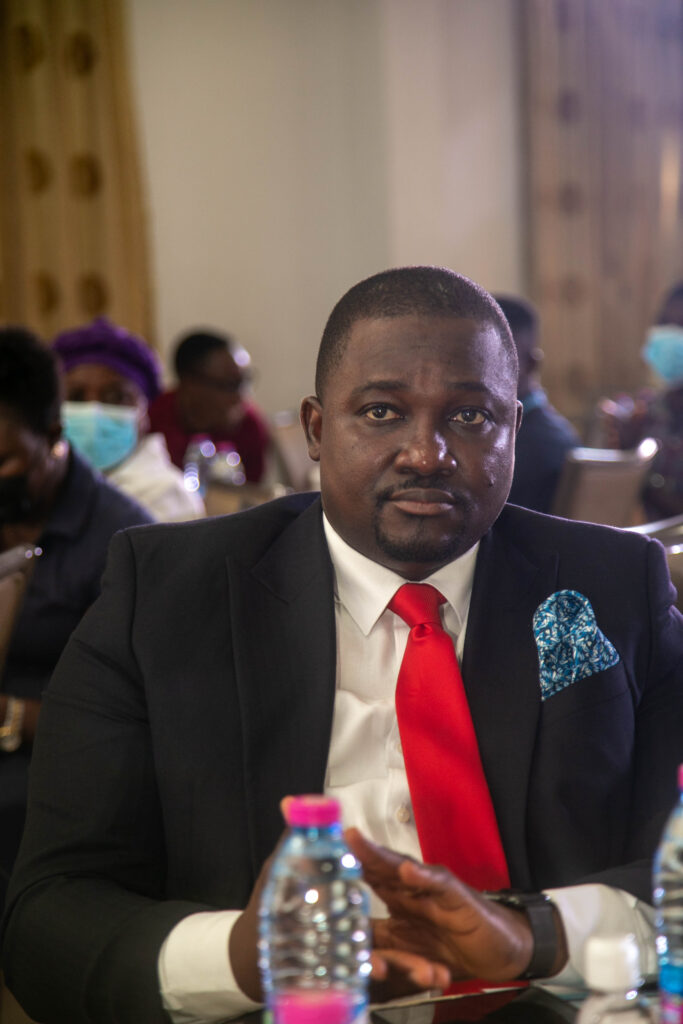
The fellows also participated in boot camps, seminars; story writing, and fact-checking activities, including fieldwork, media, and institutional tours, and learning engagements with some of the finest investigative journalists including Anas Aremeyaw Anas and The Fourth Estate’s Manasseh Azure Awuni.
At the end of the fellowship, the fellows published a number of investigative and fact-checked reports which were published on The Fourth Estate’s website.
The Fellows were also recognized with certificates and other gift items for their participation in the five-month fellowship programme.
Three outstanding fellows, Richard Mensah, Emmanuella Dadugblor, and Redeemer Buatsi, were specifically recognized for their exceptional performance during the fellowship.
The closing ceremony of the maiden investigative journalism fellowship was on the theme: Time with MFWA’s Next Generation Investigative Journalism Fellows.



